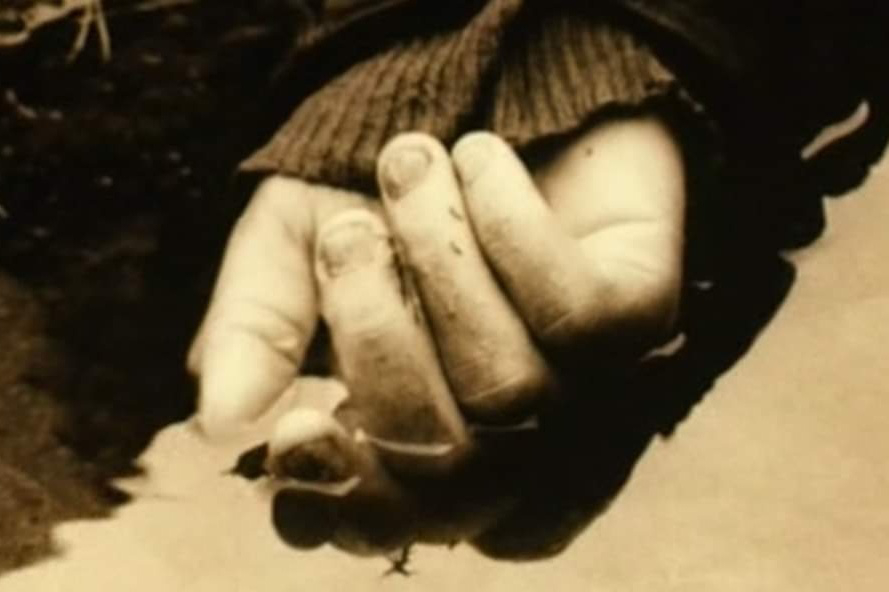I remember some 20-30 years ago you would sometimes hear about an artist (usually musician, or a group thereof) being sellouts, or having sold out. This of course in a pejorative way, as this was the most heinous of crimes an artist could ever commit against their fan base.
However, I can’t recall having heard this term for at least a couple of decades. Has the term been replaced with something else? Is it more accepted? Or is it simply so hard to make it nowadays that the concept of “selling out” is basically just synonymous with making a living?
Are there any modern examples of this and I simply missed the online chatter about it?
Does Snoop Dogg performing for the Trump crypto ball or whatever the shit that was count as selling out?
Absolutely yes it does.
Echoing what others have said, I think most people realize how hard it is to make a living in the arts. I think another part of it is with the recent awareness for workers rights, the idea of being a ‘starving artist’ has lost its glamour.
I think the plot was lost when the piracy/drm wars reached a peak and set new norms. The ‘talent’ that emerged steadily became performers rather than artists and put out disposable, largely formulaic pop made with protools.
Nearly all the mainstream now are what many would have called sellouts prior to all this.
Maybe there will be a move back to quality over quantity. Granted quality music is still being made, but by and large the current listener just wants to jump from the current sensation to the next after the staleness sets in.
Long story long the internet changed a lot of things, attention spans are eroded, and we’re still learning how to deal with all of it.
It’s because nothing is punk anymore. Everything has been commodified, especially radical art.
Because selling out is the standard in America now.
It’s not noteworthy to sellout anymore. It’s expected.
Because artists need to eat too.
If your idols are youtubers and tiktokkers, their business model is selling merch.
So opinions had to change.
True, it’s not really a thing any more. Two reasons I’d say:
- If you want to make a nice living by being distributed by a label “selling out” is mandatory
- Anti-establishment musicians have a cheap distribution method in the form of internet. If they don’t care about making money, they just offer it for download directly to their fans
That being said, the term is still used in the open source software community quite a lot.
You haven’t been listening to enough Reel Big Fish lately?
I don’t think I’ve heard anything newer than 20 years by them. Ska isn’t my primary taste in music, but they had a few bangers way back when. And yes, this includes “sell out”.
Can’t sell out when everything is a sellout.
Sellout would be what I’d call snoop doggy lapdog after his recent performance
we do hear about ‘industry plants’, however…
Came here to mention industry plants, too. There’s no “selling out” for the most part because most major artists are controlled from day one by the industry, versus back in the day when they needed to scrape their knuckles on their own to appeal to a major label. Social media and The Algorithm lets the labels build careers out of nothing.
I only know this phenomenon from the punk scene and I think it still exists today. NOFX released a song about it 10 years ago.
First verse lyrics:
She asked me if I was a singer, then called me has-been
She said she really liked my band in the early '90s, oh yeah
I said stop saying those mean things, my ego is so fragile
And then she called me a poseur punk
Why don’t I drink up and get the hell out
'Cause I’m a sellout“I didn’t sell out son, I bought in“
Many social media influencers nowadays try to get big with the goal of “selling out”, or getting sponsored. From what I understand, ad revenue on its own hasn’t paid well for years, so they take on sponsors in order to fund their channels and pay their bills. You then have influencers like MrBeast and Logan Paul living large and shouting out their sponsors, making it look glamorous to their (often younger) audience.










